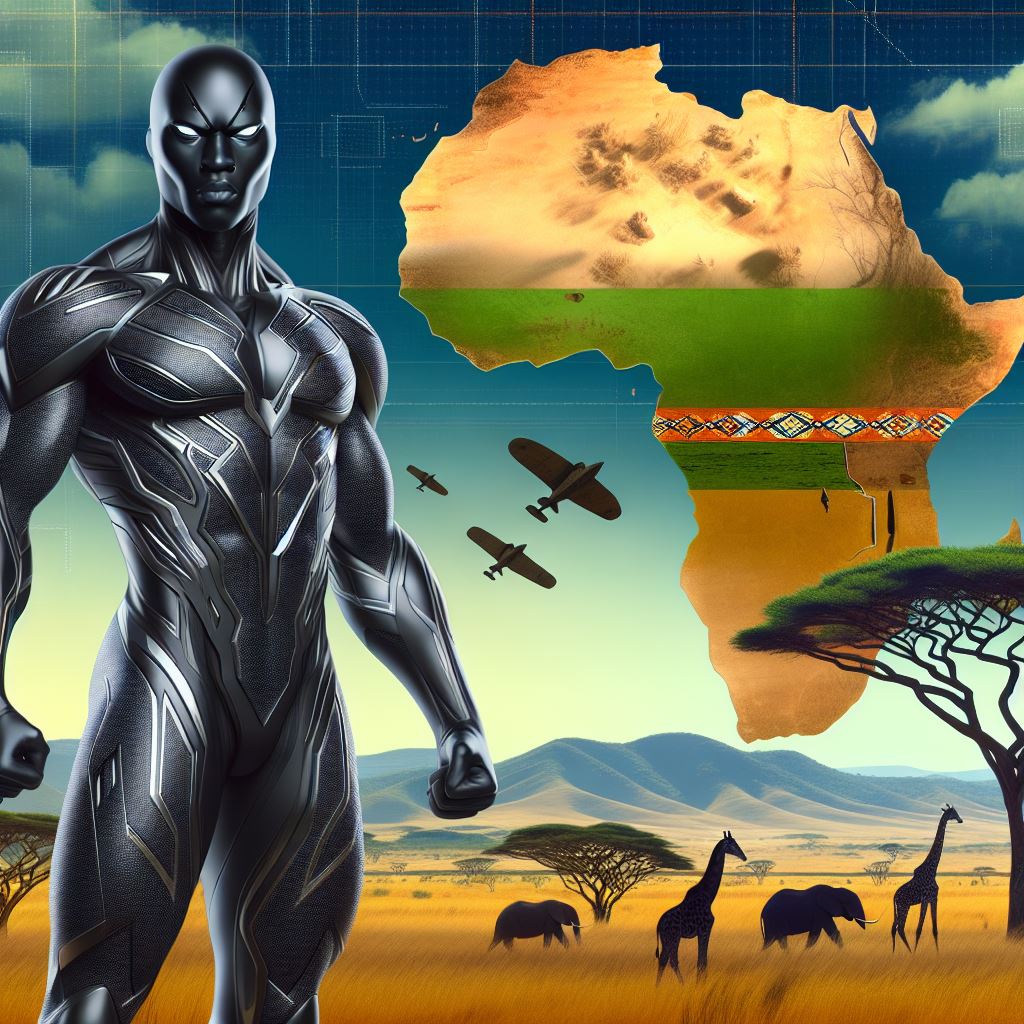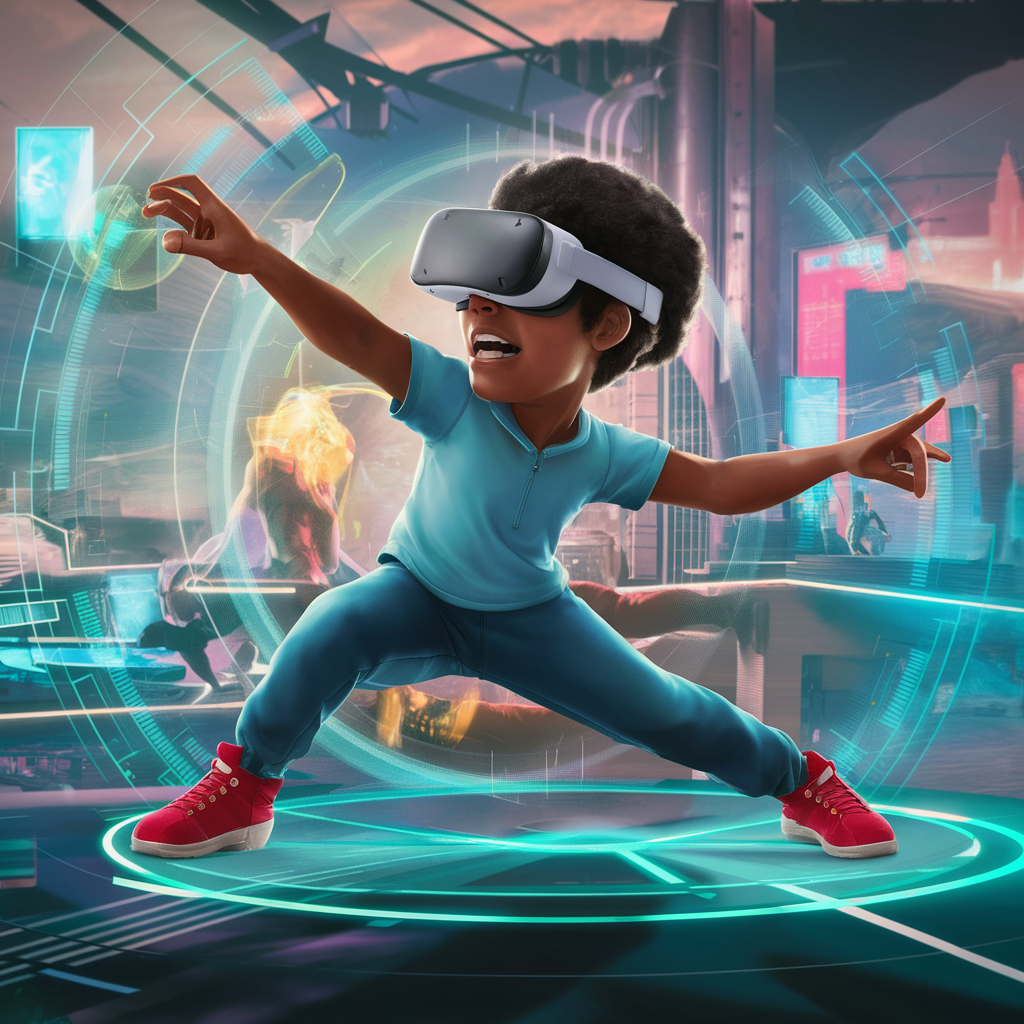In an industry historically dominated by Eurocentric narratives and Western cultural paradigms, the call to decolonize game development and design is not just timely—it’s vital. As video games become one of the most influential mediums for storytelling and culture-shaping, it’s critical to challenge the power structures, biases, and exclusions embedded in how games are made and who gets to make them.
Understanding Colonization in Games
Colonialism in gaming is not always overt. It hides in game mechanics that reward exploitation of land and people, in character designs that exoticize or erase Indigenous and non-Western cultures, and in stories that center white protagonists while relegating others to stereotypes or silence. From strategy games that glorify empire-building to RPGs that recycle tired tropes of the “savage other,” the colonial gaze is deeply embedded in the industry’s DNA.
What Does Decolonizing Game Design Mean?
Decolonizing game development means:
- Centering marginalized voices in the creation, development, and storytelling process.
- Challenging Eurocentric frameworks in game mechanics, narratives, and aesthetics.
- Uplifting cultural sovereignty by allowing communities to tell their own stories with authenticity and nuance.
- Reimagining systems so they don’t perpetuate colonial values like conquest, domination, and resource extraction.
It’s about rethinking who gets to tell stories, how those stories are told, and what values are embedded in the gameplay itself.
Representation vs. Decolonization
Representation is important—but it’s not the same as decolonization. Simply inserting a Black or Indigenous character into a game without changing the underlying worldview or design structure risks tokenism. True decolonization goes deeper. It requires interrogating the foundation of the game’s world-building, questioning its power dynamics, and honoring cultural contexts rather than appropriating them.
Voices Leading the Change
Independent developers from the Global South, Indigenous creators, and Black game designers are increasingly pushing boundaries and challenging norms:
- Indigenous Futurism in games like Never Alone (Kisima Inŋitchuŋa) highlights storytelling rooted in cultural tradition.
- Afrofuturist and African-diasporic games reimagine Black identity beyond colonial trauma, centering joy, resilience, and innovation.
- Collectives like Decolonizing Games and initiatives such as Game Devs of Color Expo are carving out space for authentic, community-led creation.
Reimagining Mechanics and Worlds
A decolonial approach doesn’t just change what stories are told—it also changes how they’re experienced:
- Non-linear storytelling that reflects oral traditions.
- Collaborative play rather than competition or conquest.
- Land as character rather than resource.
- Game economies based on reciprocity instead of extraction.
Designers can explore these alternatives by engaging with community elders, historians, and cultural practitioners—not just as consultants but as co-creators.
A Call to Action
The path to decolonizing game development requires intentionality, humility, and a willingness to dismantle entrenched systems. Studios and developers can start by:
- Hiring diverse teams not just at the entry level but in leadership and creative decision-making.
- Investing in community-based development initiatives.
- Creating space for alternative storytelling models that challenge dominant narratives.
Most importantly, decolonizing game development invites us to imagine radically different worlds—worlds where stories heal, where play uplifts, and where everyone has the power to build and belong.


